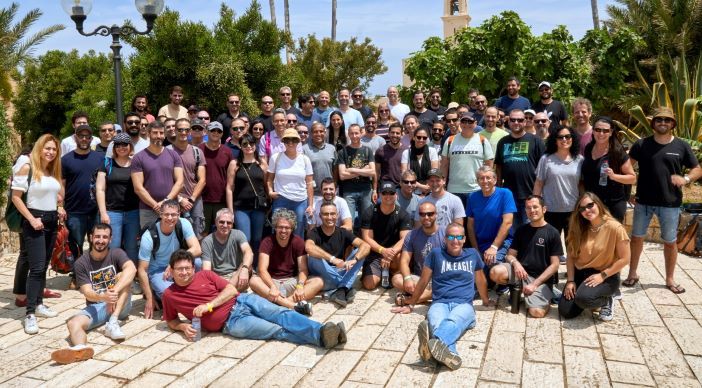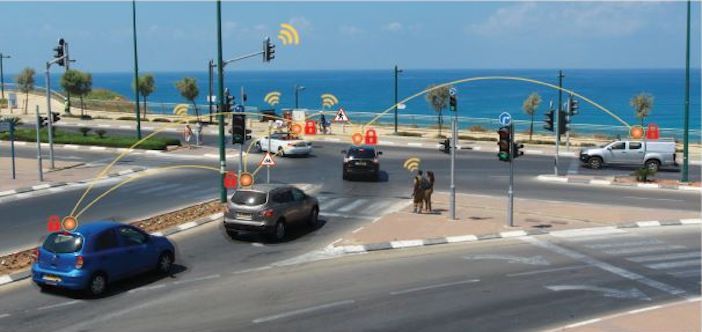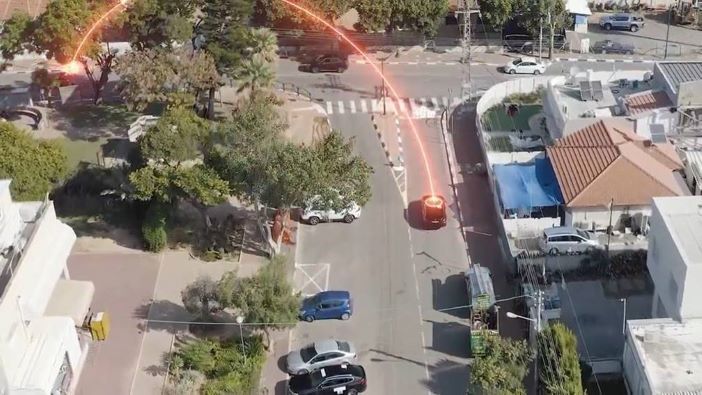Autotalks is unveiling its breakthrough third generation chipsets, TEKTON3 and SECTON3, designed to support all upcoming V2X (vehicle-to-everything) requirements.
The company says that the new devices are the first in the world which support 5G-V2X for Day 2 scenarios.
The products have already been awarded for series production of a passenger car by a major automotive OEM. First samples are expected to be available in early 2023, and the first cars equipped with the new chipsets should be available in 2025.
Day 1 V2X offers life-saving situational awareness alerts. Day 2 V2X applications can make use of sensor data shared by other vehicles and enable critical actions such as automatic braking. Current devices can only issue warnings. Braking the car requires Functional Safety certification, introduced for the first time in Autotalks’ 3rd generation chipsets. This is the world’s only Functional Safety certified V2X chipsets, designed according to ISO26262 ASIL B.

The new chipsets are designed to support all upcoming V2X requirements in both DSRC and C-V2X communication technologies, including the latest 5G-V2X (C-V2X Rel. 16/17/18) and IEEE802.11bd (next generation DSRC).
The chipsets support concurrently full backward compatibility to any Day 1 vehicle, where each vehicle reports its own data, using either DSRC or LTE-V2X (C-V2X Rel. 14), with any Day 2 technology, where the vehicle also reports all the information detected by its sensors, for “sensor sharing” or “cooperative perception”.
They will embed ultra-low-latency V2X Hardware Security Modules (eHSM) and hardware acceleration of line rate security verification. TEKTON3 also includes an optimized CPU scaled for Day 1 and Day 2 V2X stack execution.

The 3rd generation chipsets’ low power consumption will enhance the capability of Autotalks’ ZooZ micro-mobility V2X safety platform for preventing bike and scooter accidents and protecting vulnerable road users such as pedestrians.
“Our 3rd generation chipset is an engineering breakthrough which enabled us to achieve business breakthroughs,” says Amos Freund, Autotalks VP R&D. “Our engineers managed to design the first V2X chipset which supports Day 1 and Day 2 scenarios concurrently, which will help protect users of cars, bikes, scooters, alongside pedestrians and will enable automatic braking. At the same time, it is capable of operating in high ambient temperatures with low power consumption and is offered at an affordable price. These achievements paved the way for the business breakthroughs. Based on their enthusiasm, we expect additional major OEMs to adopt the new architecture and integrate our 3rd generation chipsets in their vehicles.”





